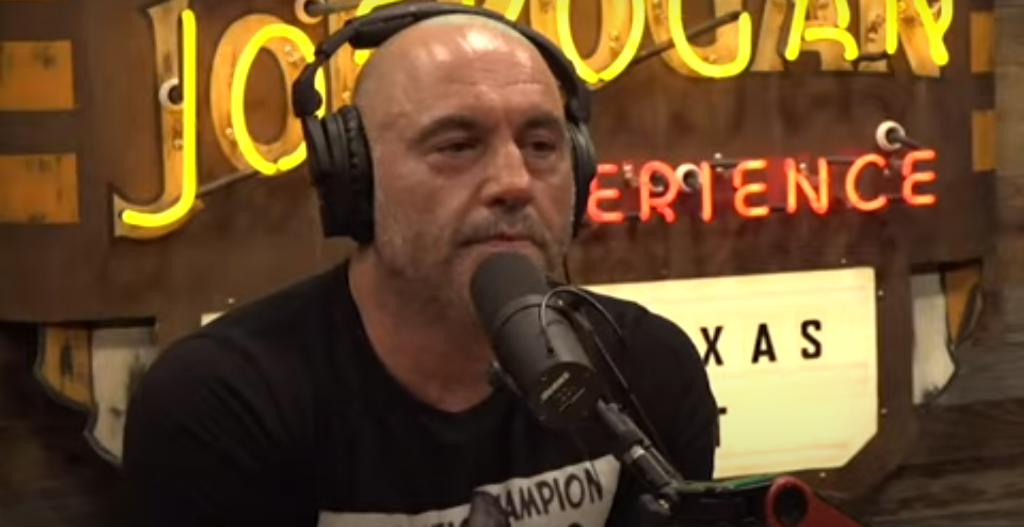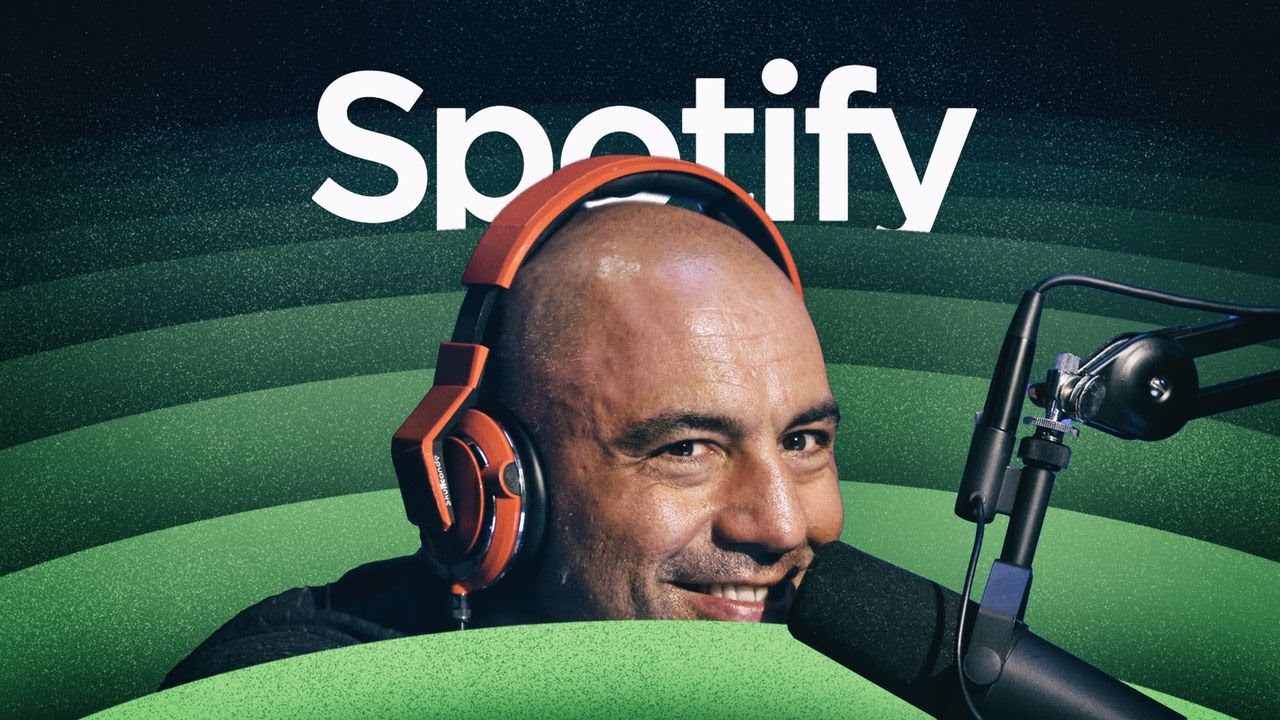
But the question, from the 17th century onwards, has been-at what price? Is it a win-win situation, or does it lead to the imbalance of power between the two sides? Fast forward from the Licensing Act and the Statute of Anne to the present. Such intermediaries expanded the reach and commercial potential of creators. Distinctive about the copyright system was the appearance of these intermediaries, be those who reproduce the works, or those who distribute them. Of course, there were creators before the advent of the copyright system. Rogan's base of listeners) will remain available for Spotify subscribers.Īgainst that background, Alex Ross, the music critic of The New Yorker magazine, has argued that the "Joe Rogan affair" also highlights the imbalance of power between creators, on the one hand, and the publishers/commercializers/distributors, on the other. Rogan's podcast program (for which Spotify reportedly paid $100 million dollars, reflecting the monetizing potential for the company derived from Mr. Rogan's podcasts and provided guidelines for any podcast that deals with the pandemic. It appears that Spotify has removed seventy of Mr. Most of the discussion that has followed has focused on the tension between freedom of expression, the obligations of the host platform (in the reported words of the CEO of Spotify-“It is important to me that we don’t take on the position of being content censor”), and the interests of public health. They alleged that some of Rogan's podcasts were spreading misinformation about Covid-19. First Neil Young, followed by Joni Mitchell, demanded that Spotify, the exclusive distributor of Rogan's podcast, reportedly the most-listened to podcast in the world, remove their music from the platform. Including Joes ad sales slice of pie.Kat readers may be aware of the recent dispute over podcaster Joe Rogan. This was all reported directly in adweek, etc.

JOE ROGAN SPOTIFY MUSICIANS PLUS
And rogan negotiated a good deal where he kept a cut of that, plus a sign on fee of a few hundred million. So they could test out the ad sales tech. So that was why they paid big bucks for rogan. Direct targeted inline host read ads.Īll that plus good stats to the buyers. If a certain listener was tagged as a man who owned a truck in the southern USA then the idea was that Ford could advertise direct to him with ads inline, meanwhile vegan Seattle resident was hearing something about Kale supplements. So Ostroff spearheaded an idea of targeted ads. It's pointless spending big on an ad which is just getting punted into the very varied and unknown crowd, and has no engagement metrics. The idea was that the podcast ad market was monolithic so corporations didn't want to sell into it. Her big, push, or at least the one she was tacking her name to was targetted ads.

I see that Dawn Ostroff has been shown the door.

If Elon wants to do this live entertainment shit like Tuckers podcast and live streaming a bunch of events he needs to hire like crazy.Ī bit of background here. Everyone focused on the core aspect that they overlooked the other shit. The core functionality of Twitter which is tweeting was something was done with a team of say 10 developers. I had issues with spaces for months before it was resolved, several companies had issues with Twitters APIs which they probably use to send out big company announcements or stats or something. Everyone talked about how Twitter had too many employees and while that is right to an extent cutting off 80% of the work force was a dumb decision cause it was overkill. I felt it was going to crash anyways or there were going to be technical issues.

The Ron DeSantis Presidential campaign announcement was probably something Elon envisioned as a Seminole moment for Twitter under Elon and the guy was probably fuming with all the technical disasters that happened. Tucker is probably Elons next attempt at something big with Twitter


 0 kommentar(er)
0 kommentar(er)
